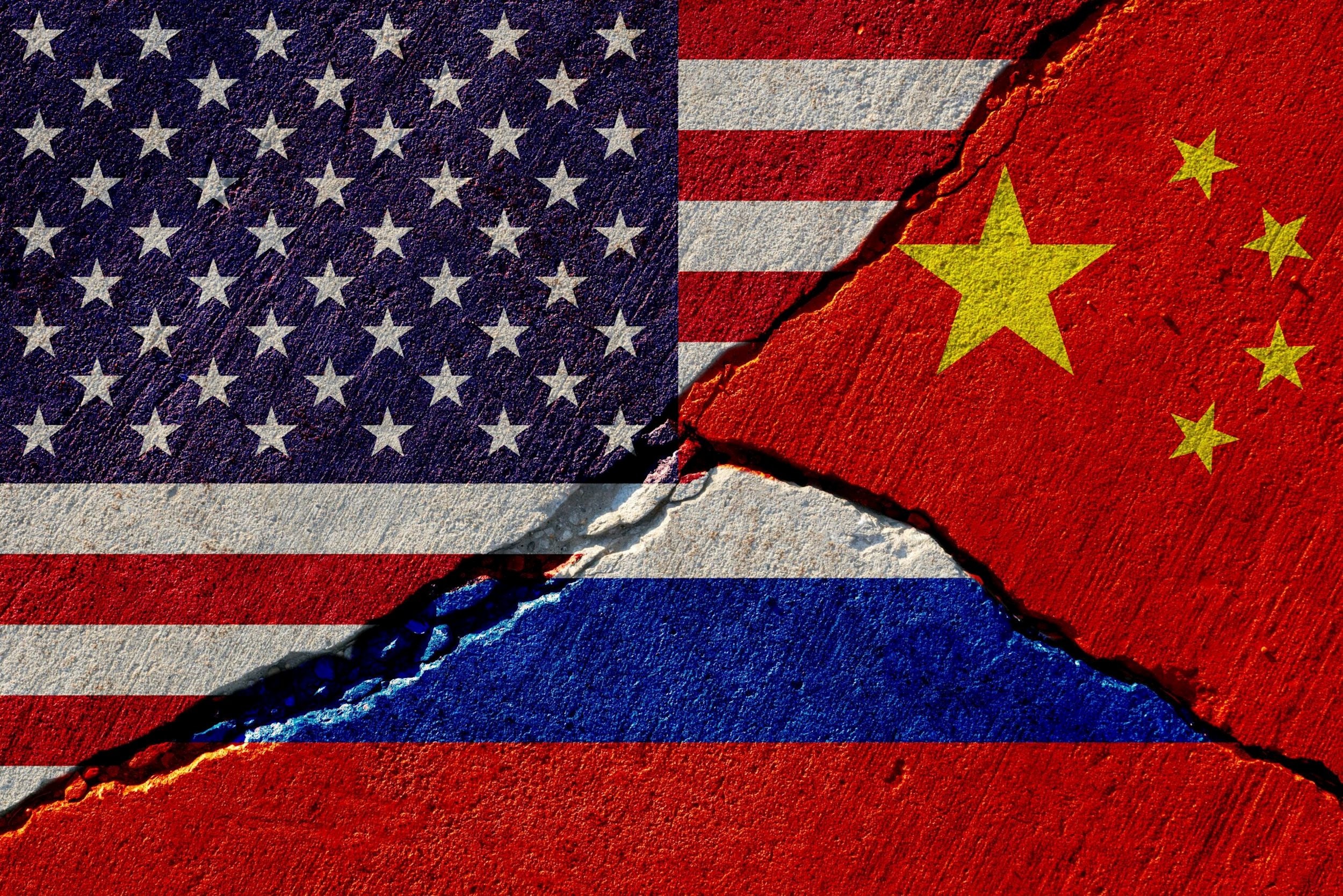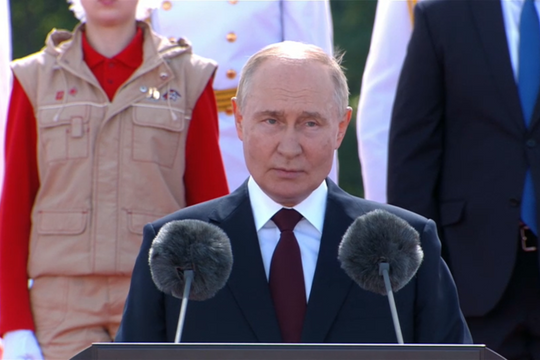Will the US be at a disadvantage in the nuclear race with the superpowers?
Expert Jeffrey Lewis mentioned a recent article in Foreign Affairs by Robert O'Brien - Trump's national security adviser from 2019-2021, who emphasized that Washington must test new nuclear weapons "in the real world" instead of "using computer models" to "maintain technical and quantitative superiority" over the nuclear arsenals of Russia and China.

According to Russia's TASS news agency reported on July 30, Jeffrey Lewis - professor at the Middlebury Institute of International Studies at Monterey said in an opinion article in Foreign Affairs magazine that the US will lose the nuclear race if it continues nuclear testing because Russia and China will quickly catch up.
“Make no mistake: Resuming nuclear weapons testing would be detrimental to the United States,” cautioned expert Lewis.
According to the expert, those who could serve in the new Washington administration if Republican presidential candidate Donald Trump is re-elected, "will once again put forward the futile idea of the US continuing to test nuclear weapons."
Mr. Lewis referred to a recent article published in Foreign Affairs magazine by Robert O'Brien, Mr. Trump's national security adviser from 2019 to 2021, who stressed that Washington must test new nuclear weapons "in the real world" instead of "using computer models" to "maintain technical and quantitative superiority" over Russia and China's nuclear arsenals.
This expert believes that such a development could lead to Moscow and Beijing also continuing nuclear testing. According to him, Russia and China would benefit from such a situation more than the US.
“Moreover, new or emerging nuclear weapons states – such as Iran or Saudi Arabia – would not feel constrained from conducting test explosions. As a result, America’s nuclear-armed adversaries would become even more capable,” Mr. Lewis added.
According to TASS, the US stopped nuclear testing in 1992. This decision was made by the administration of President George S. Bush.
In 1996, 187 countries signed the Comprehensive Nuclear-Test-Ban Treaty (CTBT), however, the treaty never entered into force because it was not ratified by eight of the 44 states with nuclear weapons or the means to produce them, including the United States.
On November 2, 2023, Russian President Vladimir Putin signed a law that will cancel Moscow's ratification of the CTBT. Kremlin spokesman Dmitry Peskov stressed that this does not mean that Russia is planning to conduct nuclear tests.
On the same day, July 30, in a report published by the RAND Corporation research group, the US National Defense Strategy Commission said that Washington cannot compete with Moscow and Beijing alone.
“The United States cannot compete with China, Russia, and their partners alone — and certainly cannot win a war that way,” the report said.
The commission stressed that the US needs to strengthen its allies. "Alliances are not a panacea, but the US force structure must take into account the forces and commitments from US allies," the report noted.
According to the document, the Russia-China partnership has “only recently deepened and expanded.”
“This new alignment of states opposed to US interests creates a real risk, if not the possibility, that a conflict anywhere could become a multi-theater or global war,” the report added.





